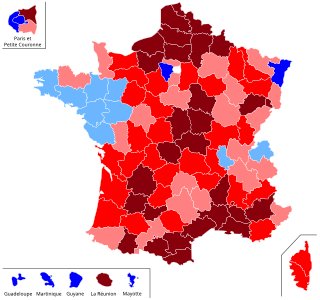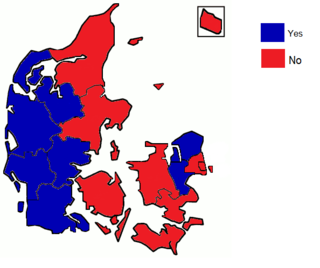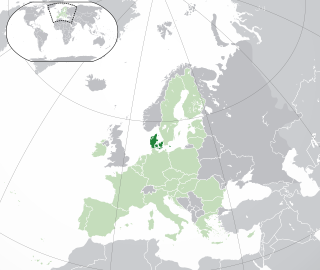| This article is part of a series on the |
| Politics of France |
|---|
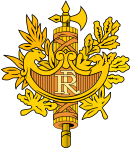 |
Related topics |
| France portal |

A referendum on the Maastricht Treaty was held in France on 20 September 1992. [1] It was approved by only 51% of the voters. The result of the referendum, known as the "petit oui", along with the Danish "No" vote are considered to be signals of the end of the "permissive consensus" on European integration which had existed in most of continental Europe until then. From this point forward issues relating to European integration were subject to much greater scrutiny across much of Europe, and overt euroscepticism gained prominence. [2] Only France, Ireland and Denmark held referendums on Maastricht ratification.

The Maastricht Treaty was signed on 7 February 1992 by the members of the European Community in Maastricht, Netherlands to further European integration. On 9–10 December 1991, the same city hosted the European Council which drafted the treaty. The treaty founded the European Union and established its pillar structure which stayed in place until the Lisbon Treaty came into force in 2009. The treaty also greatly expanded the competences of the EEC/EU and led to the creation of the single European currency, the euro.

France, officially the French Republic, is a country whose territory consists of metropolitan France in Western Europe and several overseas regions and territories. The metropolitan area of France extends from the Mediterranean Sea to the English Channel and the North Sea, and from the Rhine to the Atlantic Ocean. It is bordered by Belgium, Luxembourg and Germany to the northeast, Switzerland and Italy to the east, and Andorra and Spain to the south. The overseas territories include French Guiana in South America and several islands in the Atlantic, Pacific and Indian oceans. The country's 18 integral regions span a combined area of 643,801 square kilometres (248,573 sq mi) and a total population of 67.3 million. France, a sovereign state, is a unitary semi-presidential republic with its capital in Paris, the country's largest city and main cultural and commercial centre. Other major urban areas include Lyon, Marseille, Toulouse, Bordeaux, Lille and Nice.
Contents
Opponents included the French Communist Party (PCF) and far-left parties such as the Revolutionary Communist League (LCR) or Workers' Struggle (LO), who opposed what they considered as an advance of neo-liberalism, as well as Euro-sceptics such as the far-right National Front and Philippe de Villiers. Those who opposed the ratification included the demographer Emmanuel Todd. Opponents to the treaty were also in the main right-wing party, the Rally for the Republic, which has experienced from 1992 to great divisions between the souverainists (Philippe Séguin, Charles Pasqua) and pro-Europeans.

The French Communist Party is a communist party in France.

The Left in France was represented at the beginning of the 20th century by two main political parties: the Republican, Radical and Radical-Socialist Party and the French Section of the Workers' International (SFIO), created in 1905 as a merger of various Marxist parties. But in 1914, after the assassination of the leader of the SFIO, Jean Jaurès, who had upheld an internationalist and anti-militarist line, the SFIO accepted to join the Union sacrée national front. In the aftermaths of the Russian Revolution and the Spartacist uprising in Germany, the French Left divided itself in reformists and revolutionaries during the 1920 Tours Congress, which saw the majority of the SFIO spin-out to form the French Section of the Communist International (SFIC). The early French Left was often alienated into the Republican movements.
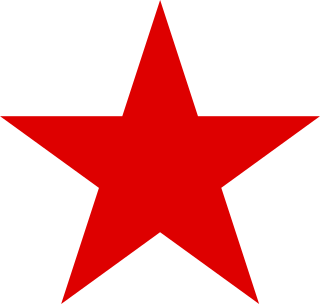
The Revolutionary Communist League (LCR) was a Trotskyist political party in France. It was the French section of the Fourth International (Post-Reunification). It published the weekly newspaper Rouge and the journal Critique communiste. Established in 1974, it became the leading party of the far-left in the 2000s. It officially abolished itself on 5 February 2009 to merge with smaller factions of the far-left and form a New Anticapitalist Party.
